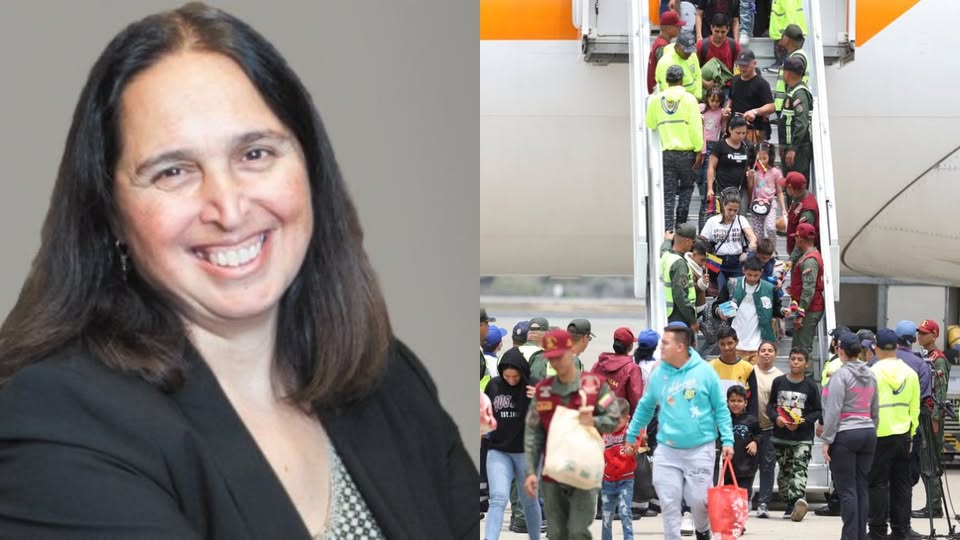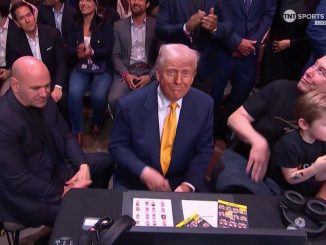
BOSTON — A federal judge has delivered a major blow to President Donald Trump’s immigration crackdown, blocking the deportation of over 500,000 migrants from Cuba, Haiti, Nicaragua, and Venezuela who entered the U.S. legally under a Biden-era program. U.S. District Judge Indira Talwani, an Obama appointee, issued the ruling on April 15, 2025, ensuring temporary protection for 531,690 individuals enrolled in the CHNV parole program, which the Trump administration sought to terminate.
The CHNV program, launched in 2022, allowed migrants from the four crisis-hit nations to enter the U.S. for two years with work permits if sponsored by a U.S. resident. Designed to curb illegal border crossings, it brought in 110,240 Cubans, 211,040 Haitians, 93,070 Nicaraguans, and 117,330 Venezuelans by late 2024. The Trump administration, led by DHS Secretary Kristi Noem, moved to end the program on March 25, arguing it overstepped executive authority and strained resources, with 75,000 participants later applying for asylum as evidence of its flaws.
Judge Talwani’s 41-page ruling rejected the administration’s blanket revocation, calling it a misreading of the law. She argued that the Department of Homeland Security (DHS) failed to provide individualized reviews, violating due process for migrants who followed legal protocols. “The government’s actions undermine the rule of law,” Talwani wrote, noting that ending the parole early forces migrants into an impossible choice: leave voluntarily and face danger at home, or await removal proceedings. Her order allows them to remain and seek work permits or status adjustments while the case continues.
The decision has sparked polarized reactions. Immigrant advocates, like Guerline Jozef of the Haitian Bridge Alliance, celebrated the ruling as a “lifeline” for vulnerable communities. Many CHNV recipients, such as Venezuelans fleeing political repression, fear persecution if deported. However, critics on X decried the ruling as “judicial overreach,” slamming the CHNV program as a Biden-era policy “riddled with fraud.” Republican groups like FAIR argue it undermines border security.
The ruling adds to Trump’s legal challenges on immigration. His administration has already faced setbacks, including a California decision last month preserving protections for 350,000 Venezuelans. With deportations to countries like Cuba and Nicaragua complicated by diplomatic refusals, the path forward remains murky. The DHS is expected to appeal, potentially pushing the case to the Supreme Court, as the battle over America’s immigration future intensifies.
For now, Talwani’s decision offers a reprieve for over half a million migrants, but the broader fight over their fate—and Trump’s deportation agenda—is far from over.


